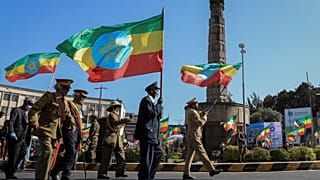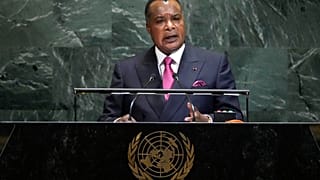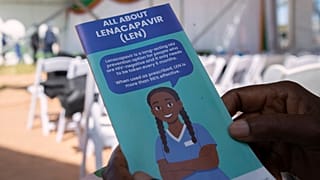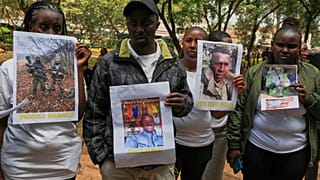Kenya
The literary world is mourning the loss of Ngũgĩ wa Thiong'o, the revered Kenyan author, scholar, and activist who passed away in the United States after a prolonged illness at the age of 87. Tributes poured in from fellow writers and publishers, who described him as a beacon of African consciousness and an unflinching critic of both colonialism and post-independence authoritarianism.
Ngũgĩ, a towering figure in African literature, authored dozens of works — from groundbreaking novels like Petals of Blood and The Wizard of the Crow, to incisive essays such as Decolonizing the Mind — that challenged not only the legacies of imperialism but also the cultural and linguistic systems left in its wake.
“He touched the hearts of the people,” said David Maillu, a Kenyan author and publisher. “Africans were colonised and colonialism was not just economic, it was cultural destruction. And for him to talk about that, that was very impressive. It is like saying he was God-sent.”
Ngũgĩ’s work was as revolutionary in content as it was in form. A pioneer in promoting African languages in literature, he made a radical shift in the late 1970s to write primarily in Gikuyu, arguing that language was central to reclaiming African identity. This decision, along with his outspoken criticism of Kenya’s political elite, led to his imprisonment and decades in exile.
For younger generations, Ngũgĩ's writings remain a cornerstone of African literature and education. Author Sophia Waweru recalled her first encounter with his books in high school, saying, “He's a living legend. We've not lost him — he is living through the work of his hands.”
His impact was also deeply personal and cultural. Abdulahi Bulle, a Nairobi-based bookstore owner, reflected on Ngũgĩ’s devotion to African heritage: “He really loved his culture and his people and he documented it very well. So besides being a good storyteller, he was also preserving and laying the foundation where Africans must appreciate their names and their colour.”
A panoramic view of Ngũgĩ's books — spanning fiction, memoir, essays, and children's literature — offers a testament to a life devoted to truth-telling and cultural preservation.
Ngũgĩ was often considered for the Nobel Prize in Literature and was recognized globally, including being shortlisted for the Man Booker Prize and winning the Pak Kyong-ni Literature Award. His admirers included literary icons like John Updike and Chimamanda Ngozi Adichie, as well as former U.S. President Barack Obama, who once hailed Ngũgĩ’s ability to show how “the transformative events of history weigh on individual lives and relationships.”
Having survived assassination attempts and government persecution during the Moi regime, Ngũgĩ never wavered in his mission to “decolonize the African mind.” His legacy will live on — not only in his extensive body of work but in the cultural and intellectual awakening he helped inspire.
He is survived by nine children.











01:14
Ghana says at least 55 citizens killed fighting for Russia in Ukraine
01:14
Sudan: civilian killings doubled in 2025 compared to year before, says UN
01:10
Nearly 8,000 migrants died or vanished on routes worldwide in 2025
00:14
Family rejects poisoning claims in Edgar Lungu case
00:17
Autopsy shows dead Senegal student suffered multiple traumas
01:05
Madagascar cyclone death toll rises to 59 as devastation mounts